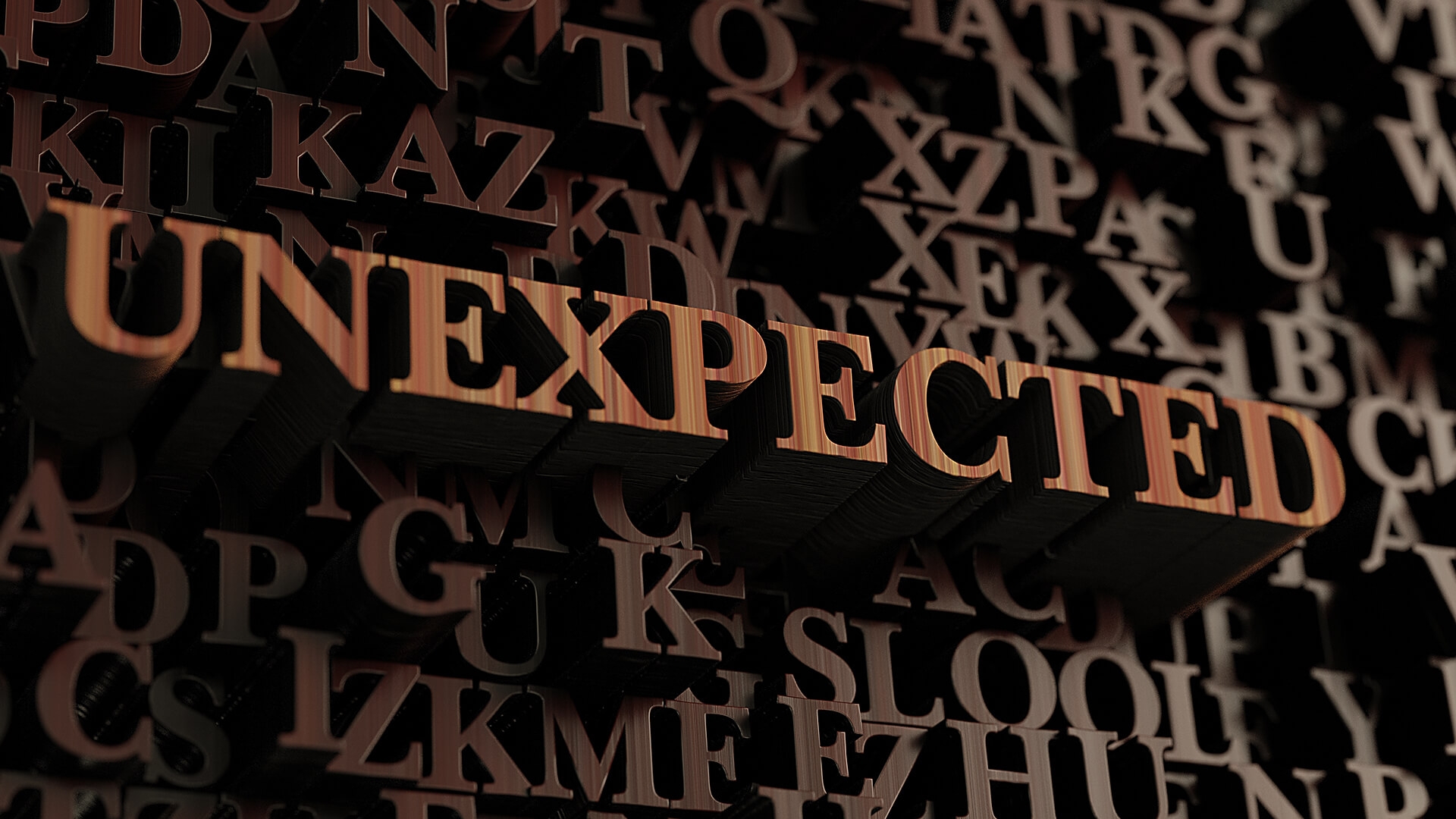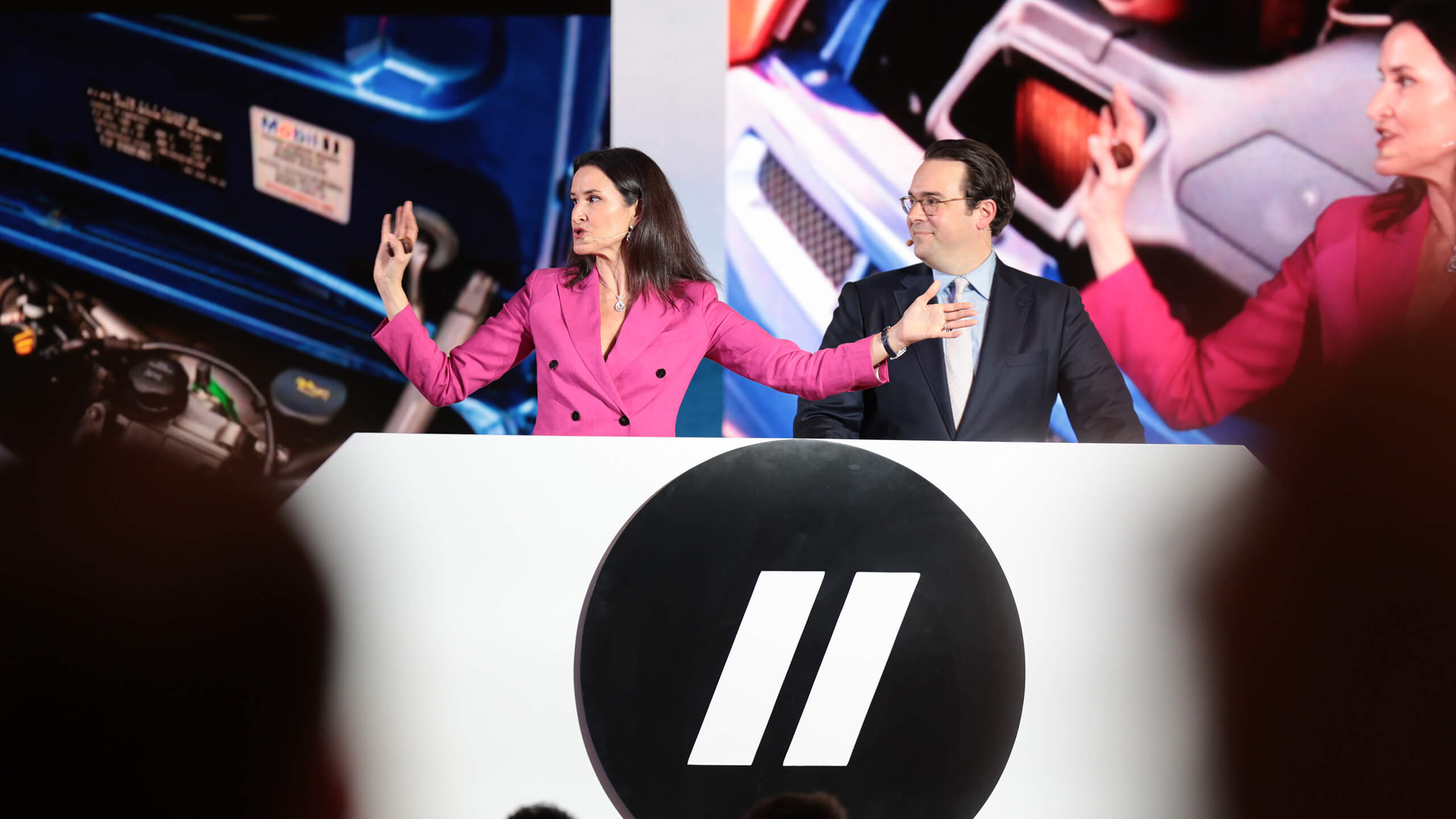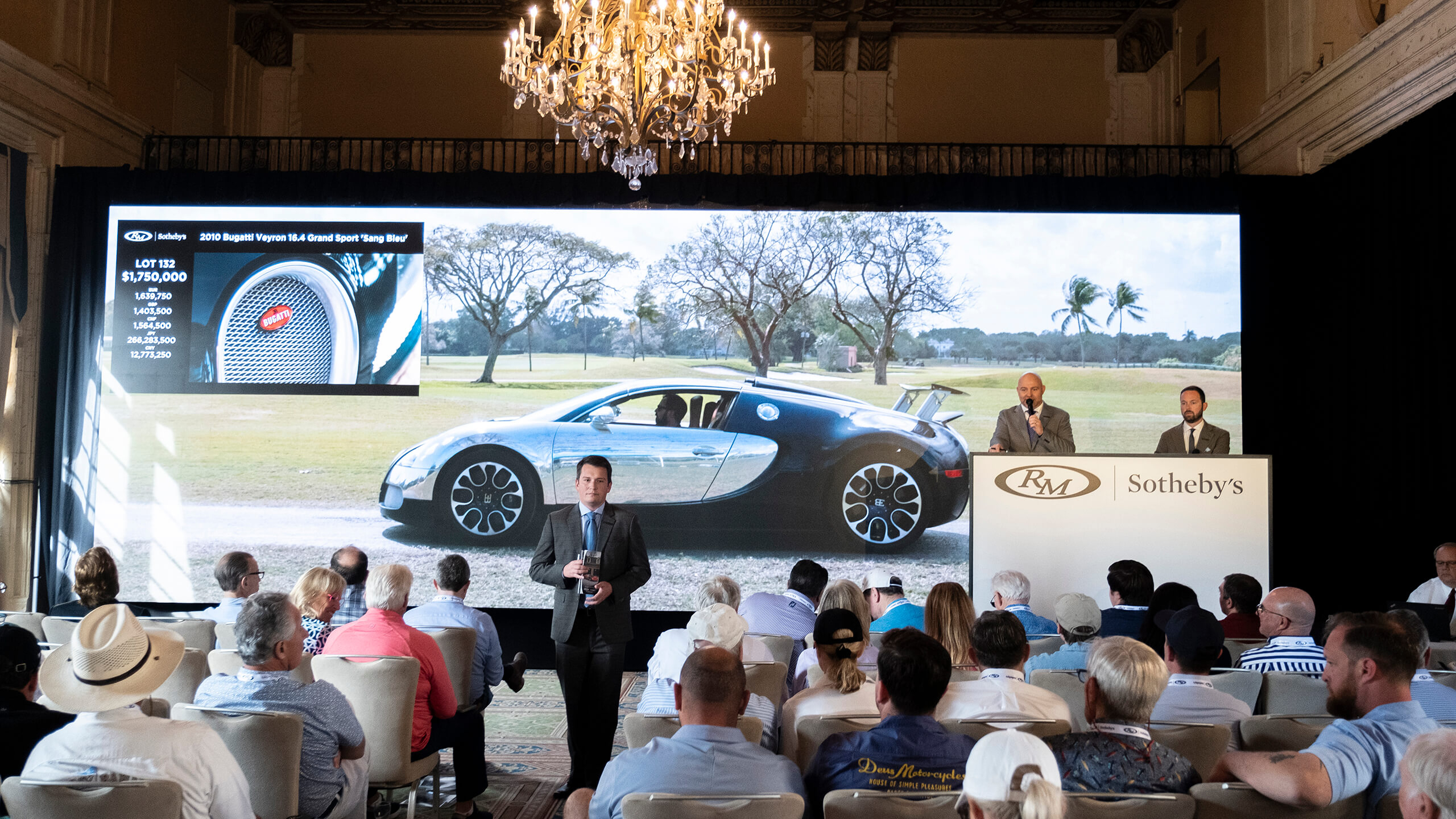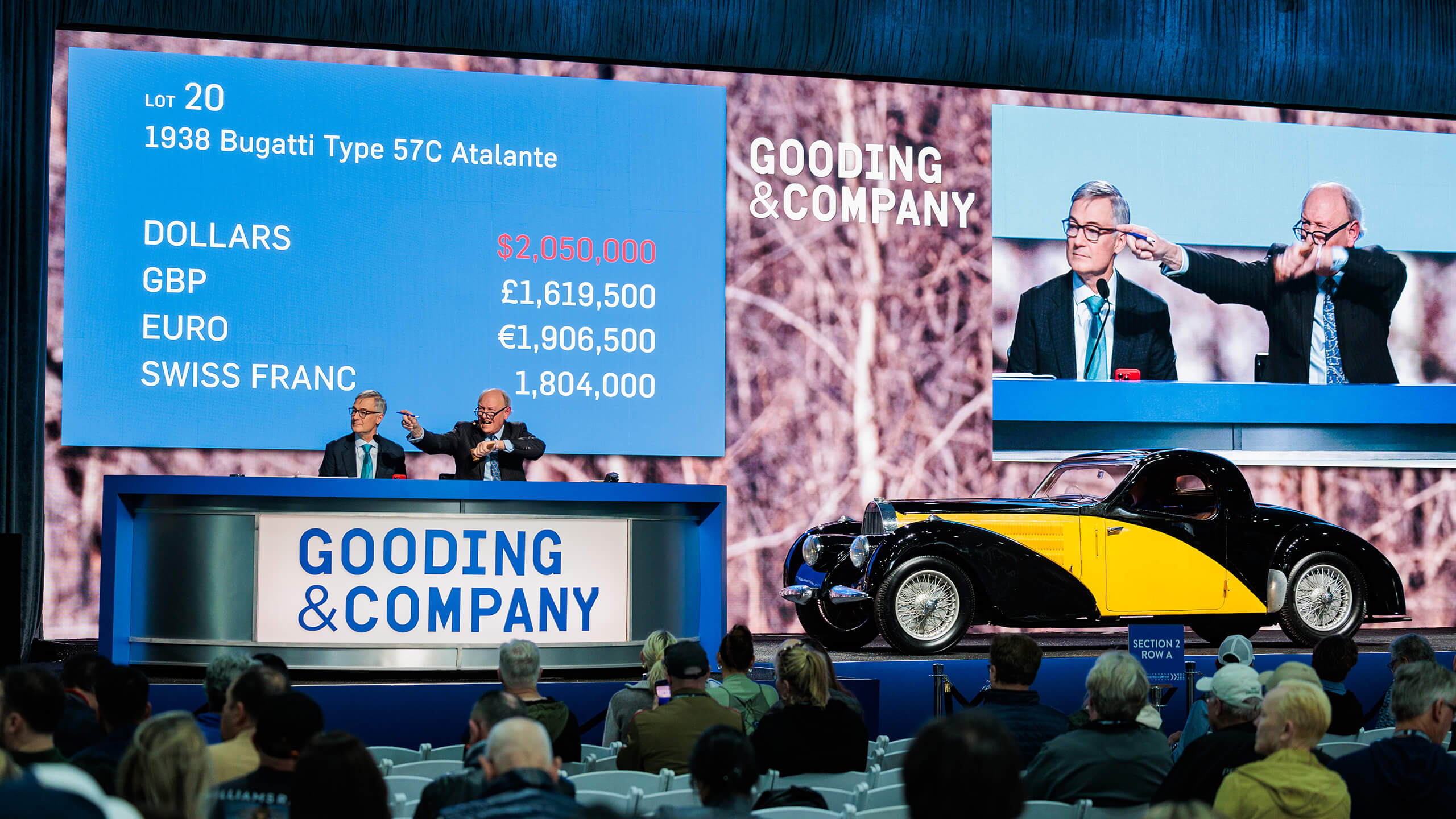Wise Counsel (3): Tales of the unexpected

The final part of our legal advice feature series looks at a whole host of thorny issues that might send you scurrying to a lawyer. Here, our classic car legal experts tell us what typically comes across their desks… and how to avoid the problem in the first place.
“Only this morning I had a call from a client who’s just paid £120,000 for a car at auction and now finds it’s nothing like its catalogue description,” begins Michael Grenfell of UK legal firm Wilmot. “Buying from an auction is always going to be riskier as you can’t draw up your own contract but, contrary to popular opinion, an auction can’t necessarily be sued for misdescribing a car as it’s only acting as an agent. Unless it adds false claims to the seller’s description, it’s not culpable.”
So how do you protect yourself? “If you do find you’ve bought a misdescribed car at auction, there’s always the Trade Descriptions Act,” advises Damen Bennion of London solicitors Goodman Derrick. “It might not get your money back but it’s a useful stick to wave at the auction house – it could make them pay attention. However, if you’re looking to buy a big car at auction then it’s definitely worth engaging a specialist car lawyer ahead of the sale. You might be surprised by what they know and the sort of deal they might be able to achieve for you.”
If you’re an inexperienced buyer looking at a lower-value car, Bennion reminds us of the ground rules: “Do your homework. Read the auction catalogue carefully: both the car’s description and the terms of business. If you have queries, ask the auction house to address them ahead of the sale. Take a good look at the car on the preview day and inspect any paperwork that comes with it (the auction house should be able to provide this at the sale venue).” And of course… “Set a budget and stick to it.”
Grenfell adds a further caveat: “If you buy from a foreign auction, you don’t have the option of suing in your own country if things go wrong. In a private sales contract you can specify, say, English law – but not with an auction. And the differences can be substantial. In California, for example, you can’t claim legal costs from the defendant even if you win, while in Belgium, a claim for costs is limited to €10,000, which won’t go anywhere in a major litigation.”
So what should you do if you find yourself fighting a legal battle abroad? “My first advice is simple: don’t. Do not sue abroad. Ideally, do not sue at all. Do the checks beforehand. Use a specialist beforehand.”
Nigel Adams, a specialist in dispute resolution at Goodman Derrick, adds to this: “Even a contract specifying English law might not be the end of the matter. Cross-border disputes can throw up very tricky issues as to which country’s laws apply to the dispute and questions of jurisdiction increase the number of things to argue about, which gets in the way of sorting out the actual problem. And such disputes often require clients to engage lawyers in more than one country – never a happy thought.”
Meanwhile Damen Bennion warns us not to forget import tax. “Because the rules are slightly different in each country or jurisdiction (albeit largely similar in the UK and Europe), it makes sense to verify in advance whether import tax is payable and, if so, who pays it. Specialist help in this area is always worthwhile.”
Michael Grenfell agrees: “A client recently bought from a government auction in Italy and didn’t realise he couldn’t take the car to the USA without paying a huge wodge of cash in tax. It gave him a nasty shock.”
Other famously contentious topics include title disputes and the always-thorny issue of a car’s identity. How often do these crop up in our legal experts’ working lives?
“All too often,” answers Bennion. “And the fact is that a great many title and identity disputes could be avoided by engaging a specialist car lawyer to undertake proper due diligence before you buy. Nowhere is ‘caveat emptor’ more apt than in the world of collector cars.” But if you already own the car in question? “The trick,” says Nigel Adams, “is to avoid the argument devaluing the very car being argued about. You want to stop the rumour mill before it gets going.”
A final cautionary tale from Michael Grenfell… “Some years ago, two owners of Lister Jaguars registered their cars with the same registration number (WTM 446) and claimed the same chassis number (BHL 126). The DVLA registered the details on their computerised database, not realising that two cars were involved. When it did come to light, the DVLA suspended both registration and chassis numbers. One owner issued judicial proceedings against the DVLA – but after two weeks of evidence, the judge decided the court had no jurisdiction to try the claim.
“There are three lessons to take away from this. First, that English Law isn’t currently able to deal with problems relating to the allocation of registration numbers, which it sees as purely administrative. Secondly, that the DVLA conceded it had no rights to withdraw chassis numbers – they were restored. And finally, and most relevant here, the Law can’t solve everything.”
With thanks to Goodman Derrick LLP and Wilmots Litigation.












